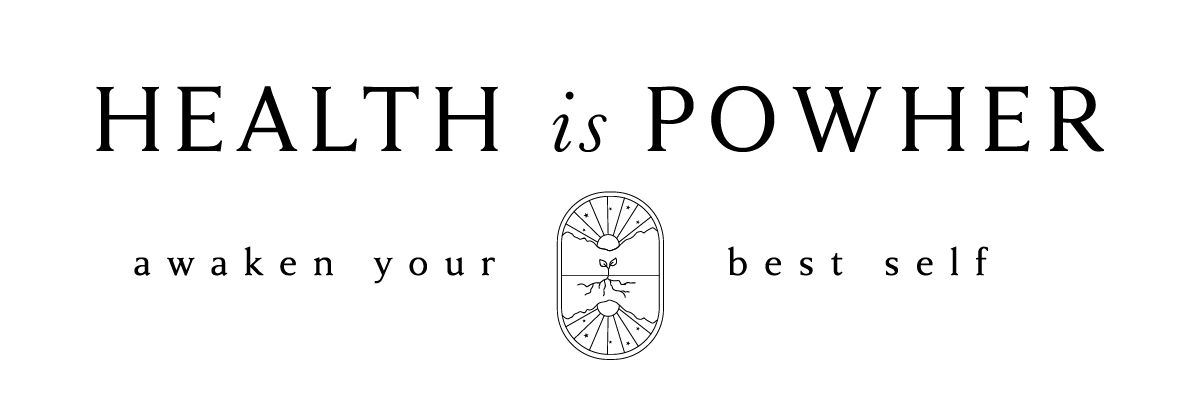What do my thyroid labs mean?
Deciphering the Confusing World of Thyroid Labs
TSH, T3, T4 and Antibodies
By Anne Clark, MS, RN, CPT | February 2, 2021 | Reviewed by Anna Esparham-Evans, MD
We’ve all been there. Your doctor’s office calls you to review your lab results. The nurse rattles off the list of things that are normal, or out of range “but not concerning.” You said, okay got it. The phone hangs up, and you all of a sudden have so many questions!
Today we’re going to be diving into the world of thyroid labs. What kinds are there, what do they mean, why are they important? Why? Because thyroid disease affects an estimated 20 million Americans. According to the American Thyroid Association, one in eight women will be diagnosed with a thyroid disorder in her lifetime.”
T4 (Thyroxine)
Thyroxine or T4 is the initial form of thyroid hormone produced by the thyroid gland. T4 is then converted by the body into T3 or triiodothyronine, which is the “active” form of thyroid hormone.
TSH (Thyroid Stimulating Hormone)
Thyroid stimulating hormone stimulates the thyroid to produce thyroid hormone (T4). }It is created by the pituitary gland and signals to the thyroid gland to make T4. The pituitary and the thyroid gland work in a loop, if the pituitary doesn’t sense enough T4 in the body, it will create more TSH.
If TSH is HIGH it means that the thyroid gland “isn’t listening” to it, so the pituitary keeps pumping out more and more of it in an effort to get the thyroid gland to respond and create more T4. If TSH is LOW it means that the thyroid gland is “eating up all the TSH” and functioning too much.
So what we’ve got in the simplest answer is that HIGH TSH equals LOW functioning thyroid, also known as hypothyroidism. On the flip side, LOW TSH equals HIGH functioning thyroid, or hyperthyroidism.
T3 (Triiodothyronine)
T3 is the active form of thyroid hormone that comes from T4 after it is converted by the body. If T3 is elevated, it can indicate overactive thyroid (hyperthyroidism).
What does “free” T3 or T4 mean?
T3 and T4 circulate around the body, and sometimes they can become bound by transport proteins. When they’re bound they cannot be taken up by the tissues. So lab work will often check free T3 or free T4 because the free or unbound version of the hormones are the ones that actually can have an effect on the body.
What does “total” T3 or T4 mean?
Total T3 or T4 looks at the bound and free versions of the hormones.
Why does my doctor only check TSH level?
TSH is the first hormone to show evidence of abnormally functioning thyroid. Most health care providers use the TSH level to titrate medications for hypothyroidism. Sometimes if a TSH comes back abnormal, there will be an additional work-up consisting of T3, T4 and thyroid antibodies.
Want a great resource about thyroid health, understanding lab-work in even more depth, and more? Check out the American Thyroid Association website.
Want to learn more about how the thyroid works? We love this short video by Health Sketch!
We hope this short and sweet guide helps clear up some of those questions you might have at your next annual physical or doctor’s appointment! As always, comment below with any questions or thoughts. Peace, love and powHER!
